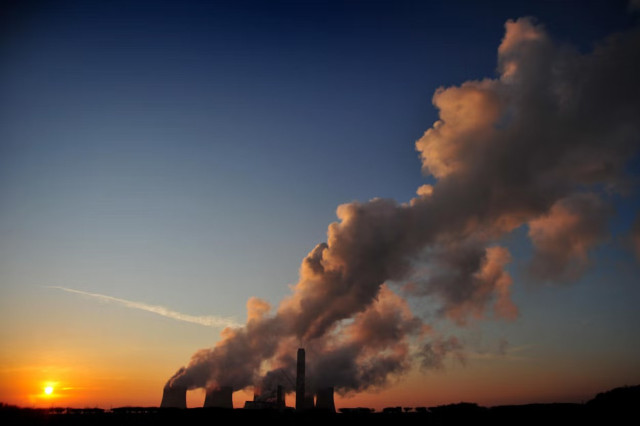The share of electricity generated by burning fossil fuels in Great Britain dropped to historically low levels in April, as the country prepares to transition to a "zero-carbon grid" for short periods starting 2025.
Data from National Grid's electricity system operator (ESO) showed that electricity generated from gas and coal fell to a record low of 2.4% for an hour on April 15. Additionally, the overall share of fossil fuels in the energy mix fell to a record low of 6.4% for an entire day on April 5.
These findings align with the ESO's goal of achieving a zero-carbon electricity grid, with more than 90 percent of power coming from zero-carbon sources during certain periods.
This marks a significant shift from 15 years ago when gas and coal made up 75% of the electricity mix, compared to only 2% from renewables.
The frequency of short periods where fossil fuels accounted for less than 5% of electricity generation has also increased dramatically in recent months, with 75 half-hour periods recorded this year compared to just five in 2022.
This shift towards low-carbon electricity generation was driven by a surplus of renewable energy, with wind power contributing about half of the electricity generation during the record low period.
The shift to low-carbon generation has greatly reduced the contribution of gas-fired power to just 1.8% of Great Britain’s electricity generation, while the country’s last remaining coal power plant, located at Ratcliffe-on-Soar in Nottinghamshire, only generated 0.6%.
This plant is scheduled to shut down in September. Dyke emphasized that achieving this milestone required extensive effort over several years, involving not only technologies but also the cooperation of people across the industry, energy regulator, and government.
He also highlighted the significant engineering challenge that has been overcome to reach the 2025 ambition.




















